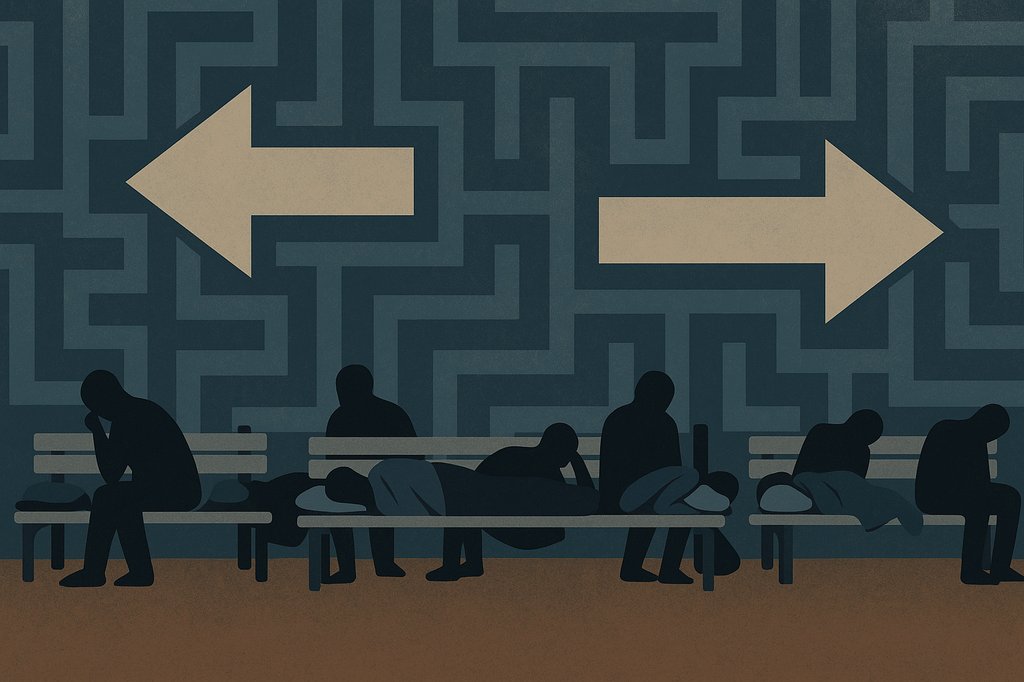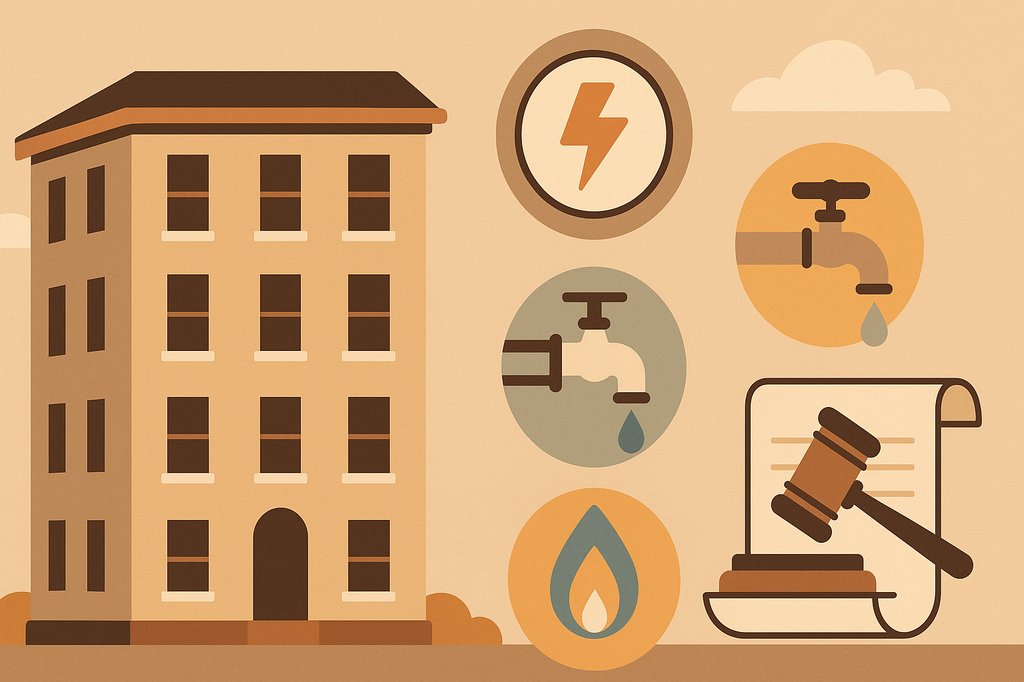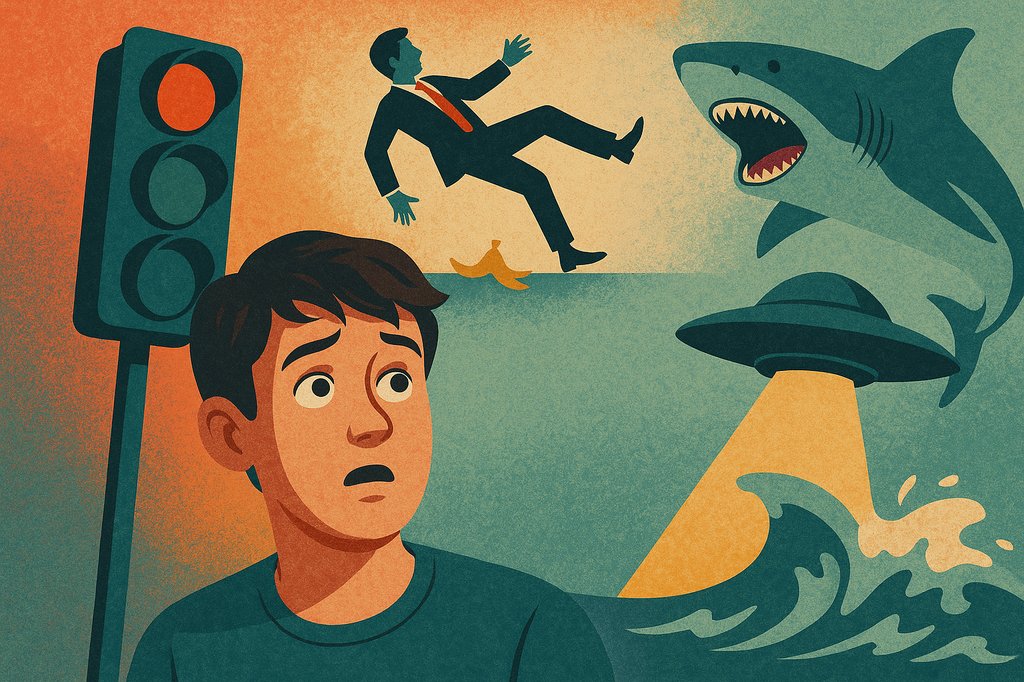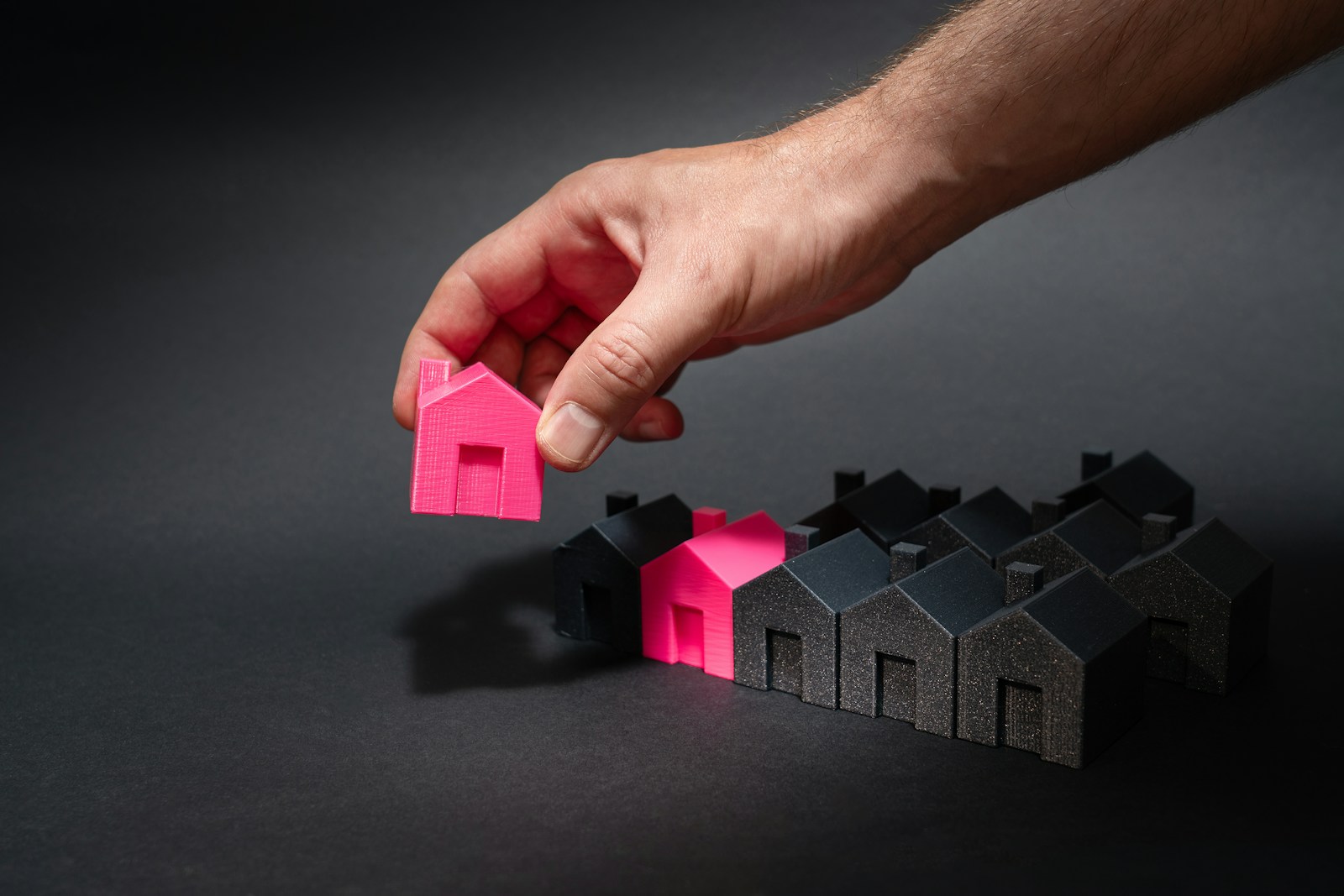Am I responsible for the damage my guests or pets cause?

It’s your responsibility…
Even though you didn’t cause the damage, you will be held liable for it by either the landlord, their insurance company, or your rental-insurance company. You, as the tenant named on the lease, are responsible for damage caused by your household members, guests, and pets. Many rental agreements detail this information, so there’s no question about it.
…even if you weren’t home
It doesn’t matter how or when the damage happened—you’re still responsible. If you allow friends to stay in your place while you’re away and one of them causes a sink to overflow, damaging the floor or even an apartment beneath yours, you’re liable.
Your landlord expects you to pay for repairs to your unit and any other damaged property.
Dealing with renter’s insurance
If you have renter’s insurance, submit the landlord’s repair bill to the company, but don’t expect them to cover all damages. Renter’s insurance covers your own personal property, such as computers and clothing, but might not cover damage to your rental unit.
Renter’s insurance that includes liability coverage pays for damages to other people’s personal property, such as electronics in the unit beneath yours. As with other forms of insurance, the amount and type of coverage varies by policy. Read the fine print or call your agent to determine whether your policy covers damage to the building.
Related: A landlord’s guide to renters insurance
Shouldn’t my guest pay?
If your guest breaks a window, you can’t expect the landlord to send the bill to that guest. You’re legally responsible for the actions of the guest. You could ask the guest to pay the bill, but as far as the landlord is concerned, you’re the one ultimately responsible.
Burglary damage
If a burglar breaks in, you might not have to pay for damages to the unit. To help prove your case, file a police report right away and provide all pertinent information to the landlord. Read the lease terms to ensure you aren’t liable for such damages. Some contracts might shift such responsibilities to the tenants. Check local and state laws regarding this issue if your landlord refuses to pay for repairs.
Pet problems
Even if your landlord welcomes dogs, you could get stuck with a bill if the dog breaks a screen door, for example, when scared by lightning. Your renter’s insurance might cover pet-related damage, but keep in mind the cost of your deductible versus the cost of the repair bill. If you make an insurance claim, your premiums may also rise. It may be better in the long run to just pay for the repairs out of pocket.
Related: Landlord liability when a tenant’s dog bites someone
Ultimately, you’re responsible for everything that takes place in your home, just as if you owned the property. Keep that in mind before planning a wild party or adopting a large dog that might make a mess of the place in a hurry.







